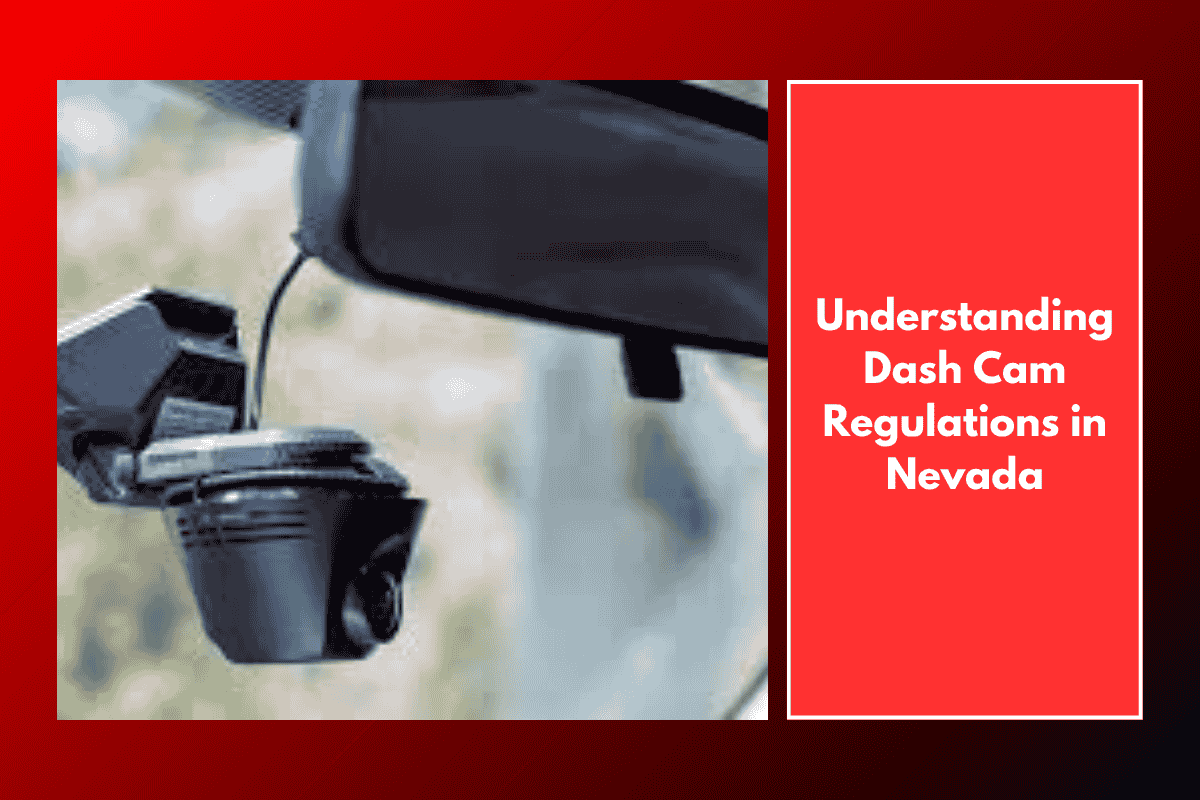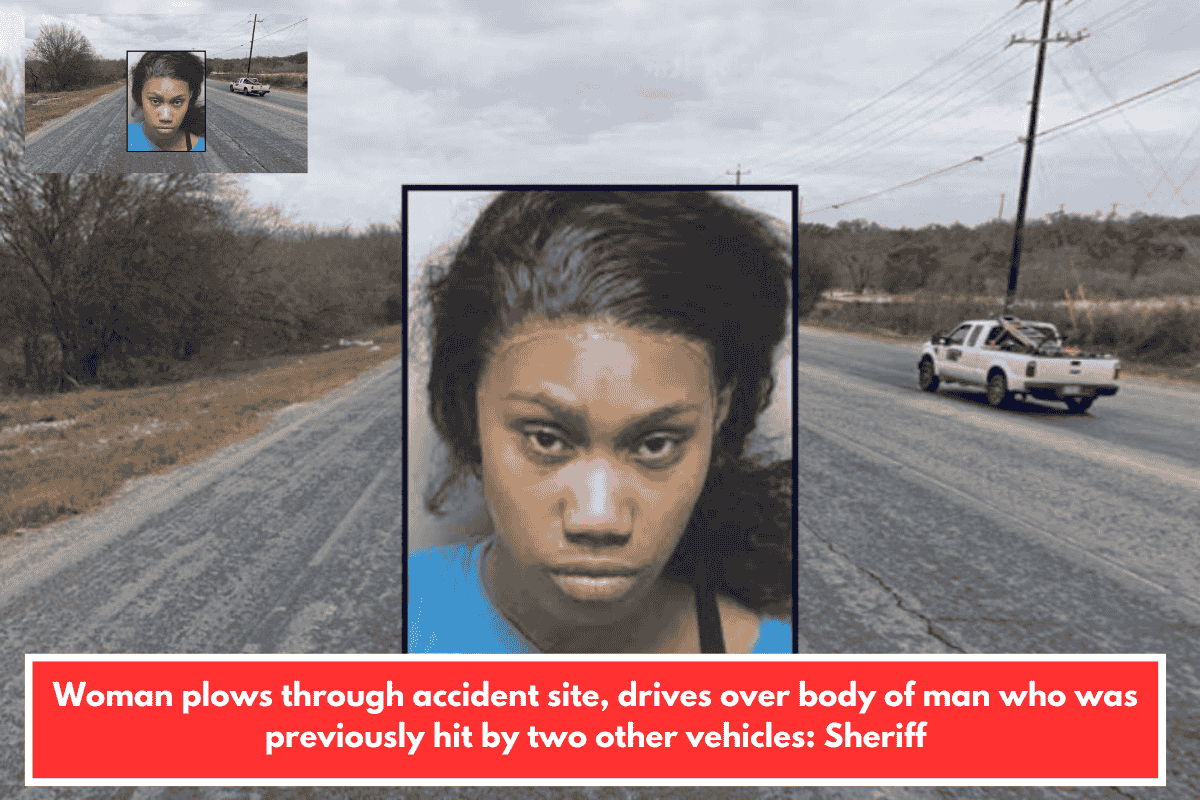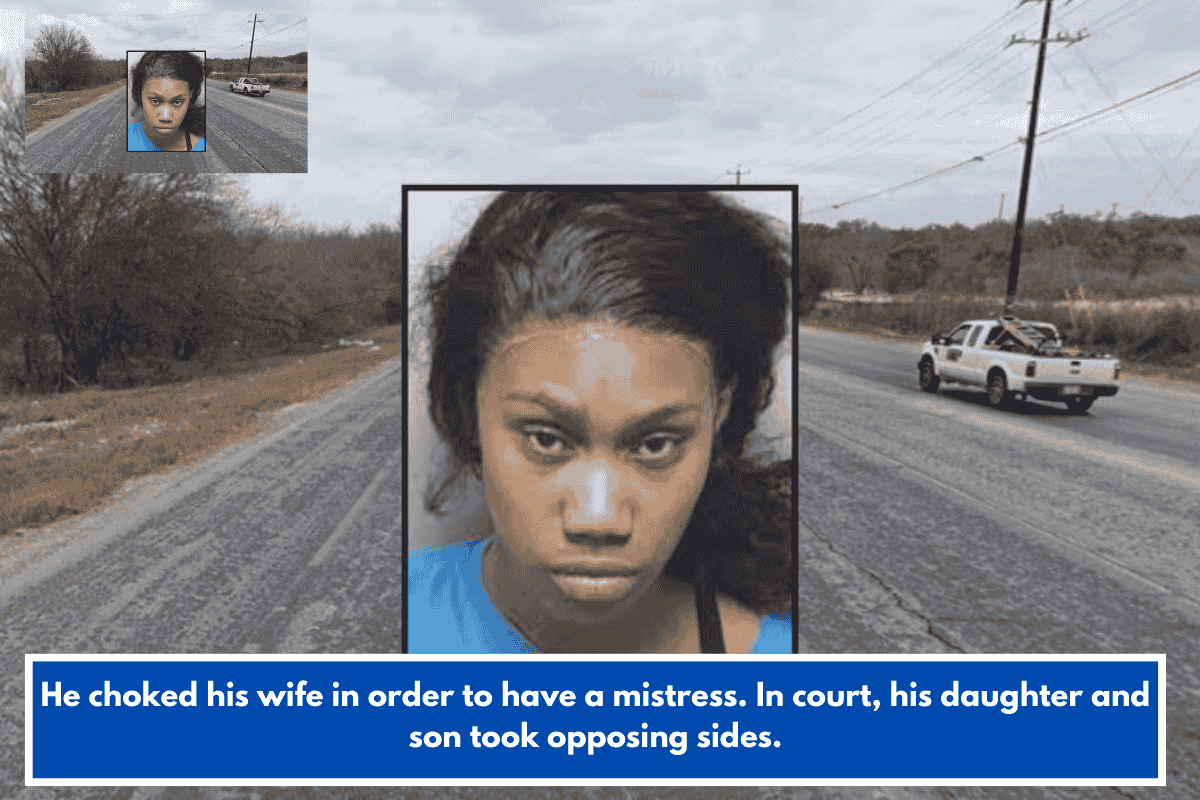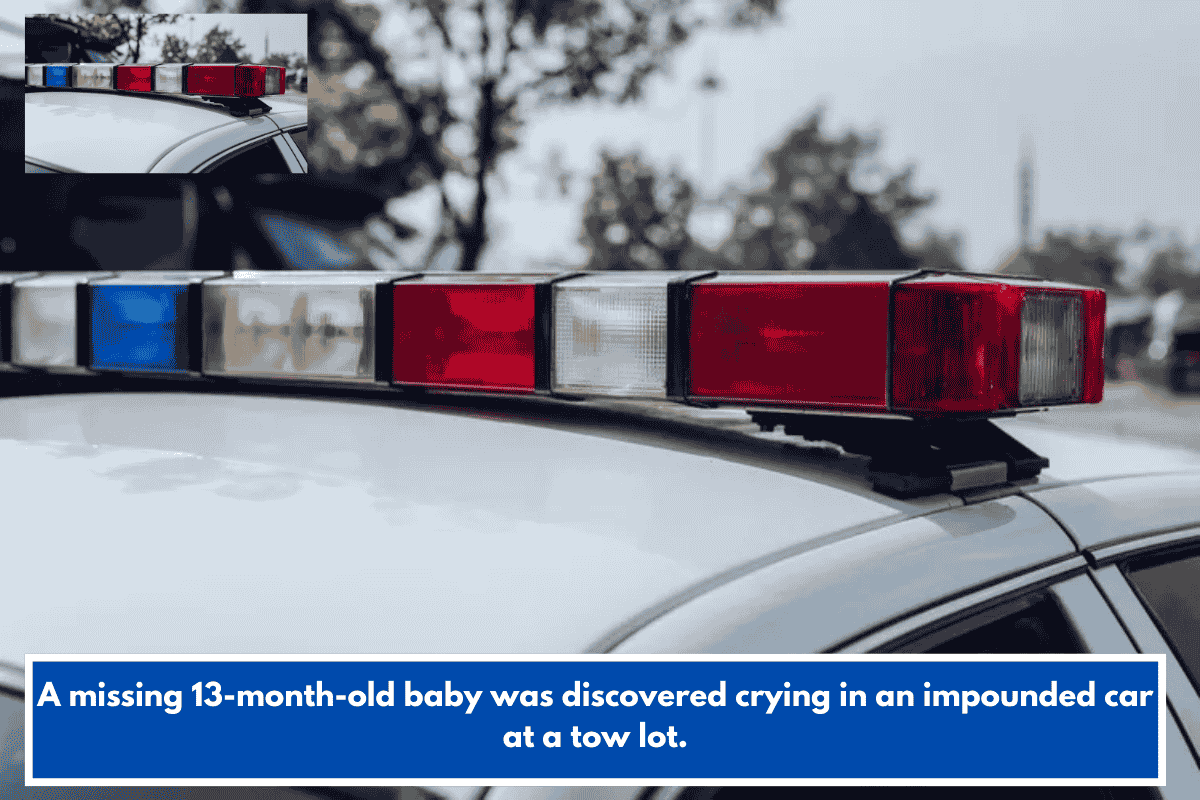Dash cams, or dashboard cameras, are becoming increasingly popular among drivers, offering peace of mind and potential evidence in case of accidents, disputes, or legal matters. However, in Nevada, as in many other states, there are specific laws and regulations governing their use. Understanding these regulations can help you avoid legal issues while maximizing the benefits of having a dash cam in your vehicle.
1. Is It Legal to Use Dash Cams in Nevada?
Yes, it is legal to use a dash cam in Nevada. There are no specific state laws prohibiting the installation or use of dash cams in vehicles. Drivers can use them for recording their travels, accidents, or interactions with law enforcement, provided they follow general guidelines.
2. Privacy Concerns
While using a dash cam is generally legal, privacy laws must be considered. In Nevada, audio recording is subject to consent laws, which are governed by Nevada Revised Statutes (NRS) 200.650. This law makes Nevada a two-party consent state, meaning that you must have the consent of all parties involved in a conversation for audio recordings.
If your dash cam records audio, it’s important to ensure that you are not violating any privacy laws. This is particularly relevant when recording interactions with other drivers, pedestrians, or law enforcement officers. Some dash cams offer the option to disable the audio recording to avoid potential issues with consent.
3. Mounting Your Dash Cam
In Nevada, as with many states, there are restrictions on where you can mount your dash cam. According to NRS 484D.450, drivers are prohibited from placing anything on the windshield that obstructs the driver’s view of the road. This means that you cannot mount your dash cam in the middle of your windshield or in a position that blocks your line of sight.
The best practice is to mount your dash cam behind the rearview mirror or in a corner of the windshield where it doesn’t obstruct your vision. This will help you comply with Nevada’s laws while still getting the full benefit of your dash cam’s functionality.
4. Recording Public Spaces
As long as you are recording in public areas or from your vehicle, it’s generally permissible to capture footage with a dash cam in Nevada. However, when recording individuals in private spaces, such as private property, you must be careful not to violate their privacy rights. Avoid filming inside private homes or businesses unless you have permission.
5. Using Dash Cam Footage in Legal Situations
Dash cam footage can be incredibly useful in legal situations, such as accidents or traffic violations. Nevada law allows the use of dash cam recordings as evidence in court, provided the footage was legally obtained and is relevant to the case.
However, it’s important to note that the authenticity of the footage may be challenged in court. For example, the footage must not have been edited or altered in a way that changes the content of the recording. If you plan to use dash cam footage in a legal case, ensure the device is properly calibrated, and avoid tampering with the footage.
6. Insurance and Dash Cams
Some insurance companies in Nevada may offer discounts or incentives for drivers who install dash cams. This can be a great way to lower your premiums while ensuring that you have valuable evidence in the event of an accident. Before installing your dash cam, check with your insurer to see if they offer any such discounts.
7. Dash Cam Regulations for Commercial Vehicles
For commercial vehicles operating in Nevada, the use of dash cams may be subject to additional regulations. Employers may require drivers to use dash cams to ensure safe driving practices or to monitor the vehicle for operational purposes. Additionally, commercial drivers should be aware of federal regulations that may govern the use of recording devices, including the Federal Motor Carrier Safety Administration (FMCSA) rules.
8. Key Takeaways
- Dash cams are legal in Nevada, but it’s important to mount them properly and not obstruct the driver’s view.
- Ensure you follow Nevada’s two-party consent laws if your dash cam records audio.
- Dash cam footage can be used as evidence in court, but it must be authentic and legally obtained.
- Be mindful of privacy laws when recording in private spaces.
- Some insurance companies offer discounts for dash cam usage, so check with your insurer.
By understanding Nevada’s dash cam regulations, you can ensure you’re using your dash cam in a legally compliant way while benefiting from its added security.
SOURCES
[1] https://www.ddpai.com/blog/dash-cam-laws/
[2] https://mgalaw.com/understanding-the-role-of-dash-cams-in-nevada-car-accident-cases/
[3] https://facit.ai/insights/dash-cam-laws-by-state
[4] https://harrislawyers.com/dash-cam-auto-accident-case/
[5] https://gpstrackit.com/blog/what-are-the-dashcam-regulations-in-each-state/














